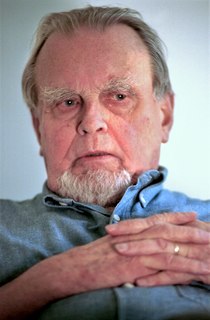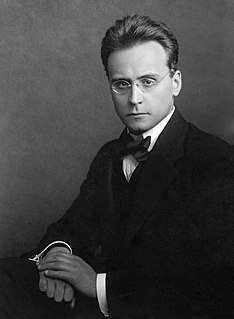A Quote by Czeslaw Milosz
It isn't pleasant to surrender to the hegemony of a nation which is still wild and primitive, and to concede the absolute superiority of its customs and institutions, science and technology, literature and art. Must one sacrifice so much in the name of the unity of mankind?
Related Quotes
Whatever sphere of the human mind you may select for your special study, whether it be language, or religion, or mythology, or philosophy, whether it be laws or customs, primitive art or primitive science, everywhere, you have to go to India, whether you like it or not, because some of the most valuable and most instructive materials in the history of man are treasured up in India, and in India only.
The one and only substitute for experience which we have not ourselves had is art, literature. We have been given a miraculous faculty: Despite the differences of language, customs and social structure we are able to communicate life experience from one whole nation to another, to communicate a difficult national experience many decades long which the second of the two has never experienced.
Crossing out is an art that is, perhaps, even more difficult than writing. It requires the sharpest eye to decide what is superfluous and must be removed. And it requires ruthlessness toward yourself -- the greatest ruthlessness and self-sacrifice. You must know how to sacrifice parts in the name of the whole.
It is a thoughtless and immodest presumption to learn anything about art from philosophy. Some do begin as if they hoped to learnsomething new here, since philosophy cannot and should not do anything further than develop the given art experiences and the existing art concepts into a science, improve the views of art, and promote them with the help of a thoroughly scholarly art history, and produce that logical mood about these subjects too which unites absolute liberalism with absolute rigor.







































